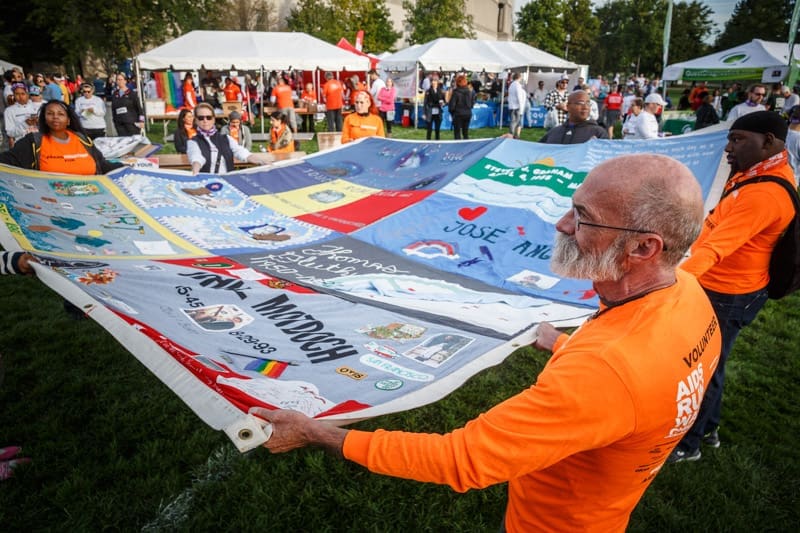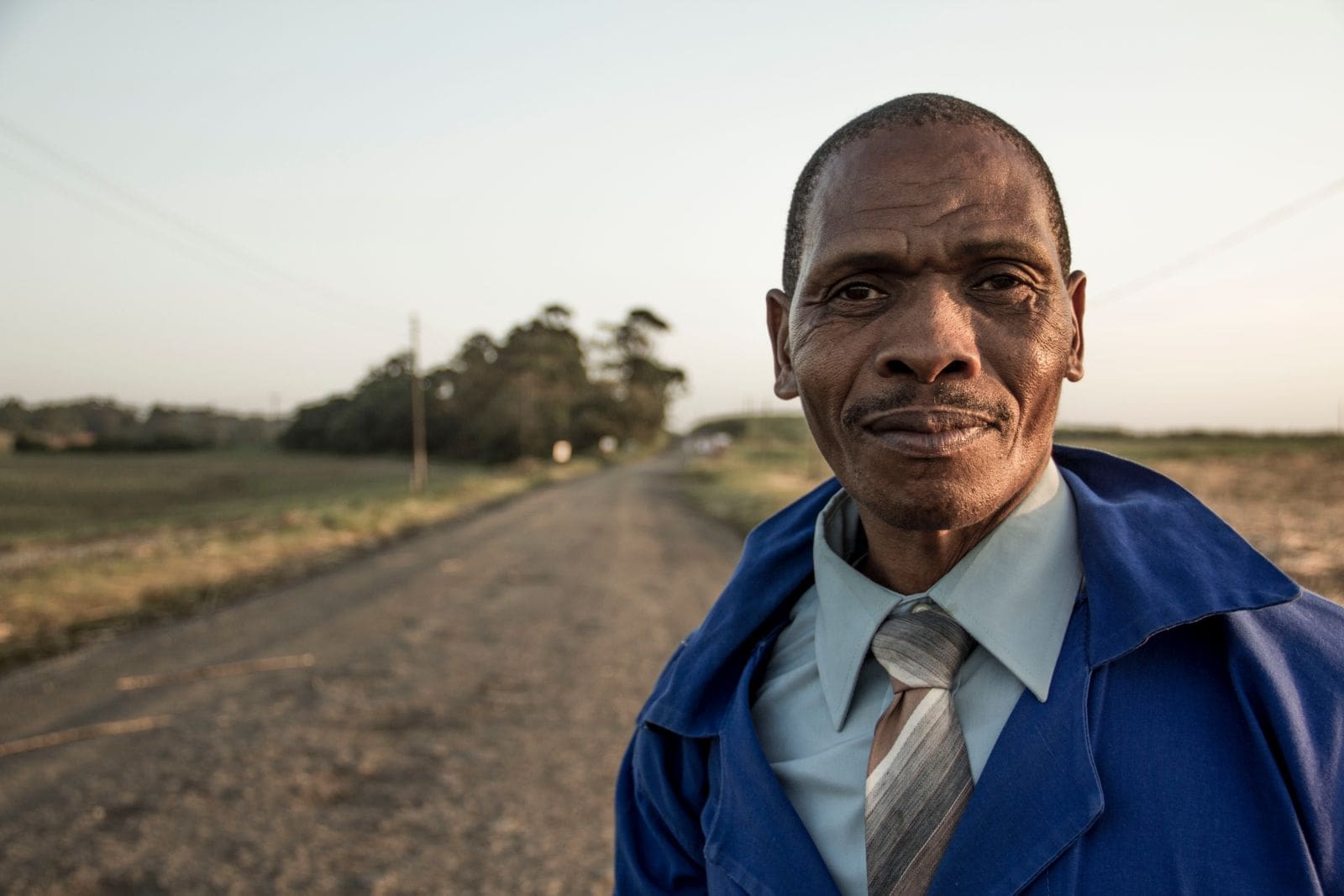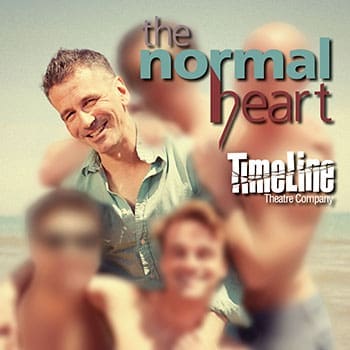 Thirty years ago, getting into your 50s or 60s – let alone 70s or 80s – wasn’t seen as possible for people living with HIV. Thanks to powerful HIV medications, people with the virus are living longer and longer. That doesn’t make the aging process any easier, though — in some ways, aging with HIV is different than for people who are HIV-negative.
Thirty years ago, getting into your 50s or 60s – let alone 70s or 80s – wasn’t seen as possible for people living with HIV. Thanks to powerful HIV medications, people with the virus are living longer and longer. That doesn’t make the aging process any easier, though — in some ways, aging with HIV is different than for people who are HIV-negative.
Recently, we worked with Jaqueline Boyd, a leading expert on older adults, to train 80 case managers to help our more seasoned clients get the best care. Providers and case managers can make things better for people aging with HIV by providing additional social support, checking their own ageism (especially when it comes to conversations about sex), and being aware of the big changes that the mind and body can experience while aging with HIV. Here are some more of our big takeaways:
Older adults living with HIV need strong social support — but may not know how to find it.
The older you get, the harder it is to make friends. But we need friends, peers, and our community to help us stay as healthy as possible. As a health care provider, make sure to listen to and validate clients, promote a strong sense of purpose, and celebrate their strengths. Plugging older adults living with HIV into social networks and peer groups can build a surrounding environment of love and support. This is especially true for LGBTQ older adults, who are often disconnected from their biological families and are more likely to live alone and be single.
Set stereotypes aside and embrace their older clients.
Ageism is real: it’s the negative attitude we may have toward aging that makes us less sympathetic and compassionate with older adults. Even medical providers can fall prey to this way of thinking.
“Case managers who are in their 20s who may not have had personal experiences with older adults can struggle with this,” said Jaqueline Boyd, Founder of The Care Plan, the only care navigation company that focuses on LGBTQ aging individuals. “There’s a problem of invisibility that is endemic in health care systems that leads to a lack of resources for older adults.”
Being aware of ageism is the first step toward overcoming ageism. It’s important to think of clients as unique people who are probably very different than the cultural norms that might be associated with them.
Older adults’ with HIV’s bodies aren’t always what they used to be…
HIV can intensify the effects of aging on the body. Older people with HIV can be more vulnerable to other types of diseases, new infections, and cardiovascular health issues.  People who are older, because they often have been on HIV treatment for so many years, sometimes find that their HIV medications stop working because their virus mutates. That leads to more complex treatments with more damaging side effects. It’s so important to help older adults living with HIV stay connected to their primary care physician so they can stay on top of any new health issues and learn ways to prevent them (like regular exercise, good nutrition, and a solid understanding of their health risks).
People who are older, because they often have been on HIV treatment for so many years, sometimes find that their HIV medications stop working because their virus mutates. That leads to more complex treatments with more damaging side effects. It’s so important to help older adults living with HIV stay connected to their primary care physician so they can stay on top of any new health issues and learn ways to prevent them (like regular exercise, good nutrition, and a solid understanding of their health risks).
… and their minds are changing, too.
Alzheimer’s disease, dementia and other neurological changes affect many older adults as they enter their later years. Their minds may be changing related to their HIV, as well: HAND, or HIV-Associated Neurocognitive Disorders, are responses to HIV in the brain that could result in slight or severe functional impairment. Older adults are most vulnerable to HAND, but HIV meds have been shown to improve brain function. Helping older people living with HIV stay on their antiretroviral medicine can help their bodies and their minds.
Older people have sex!
According to the 2016 English Longitudinal Study of Ageing, a significant number of people in their 80s and 90s reported being sexually active. Conversations around sexual health related to HIV are still really important!
“There’s a perception that older people aren’t sexual, and if they are, it’s rude to ask them about their sex lives,” said Jaqueline. “We have to bridge that gap!”
Providers need to ask open-ended, judgement-free questions about their older patients’ sex lives. An open dialogue around sexual partners and their genders can build a space for good conversations about sexual health, HIV care and STIs.
Want to learn more? Check out The Care Plan’s video series about supporting older adults, and learn more about HIV and aging at HIV-age.org and Let’s Kick ASS!


